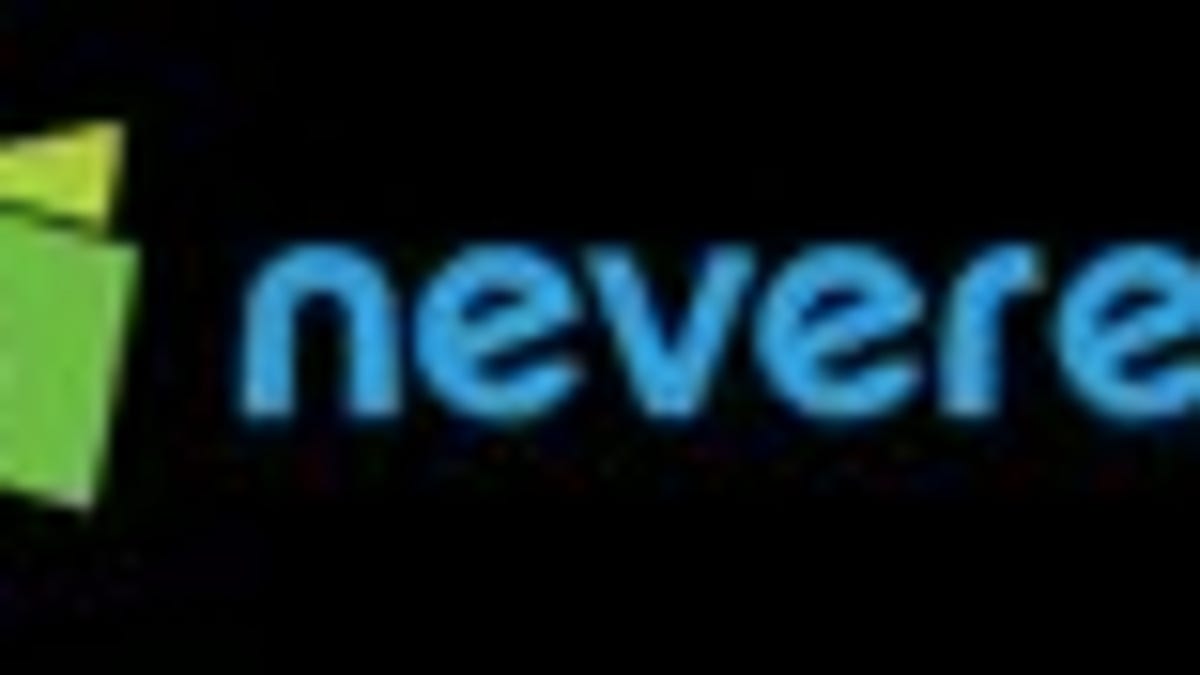 Why You Can Trust CNET
Why You Can Trust CNET Neverend Media builds smart new e-book format
It's arguably a better format than PDF for electronic books. But is it better enough to get traction?
Why would anyone launch yet another e-book format? That's the obvious question we had at DemoSpring when watching the short pitch by Neverend Media's Chris Kubica. His new format is quite different from existing e-books, because it's designed to support subscribing to a book the way you can sign up for an RSS feed, and it has a return channel to the author built into the format. Plus it has a smart social component.
Years ago, Kubica wrote a book about Filemaker but got frustrated when, nearing the end of it, he realized that software updates had rendered much of the first half of the book obsolete. The e-book format he created to solve this issue treats every paragraph as a unit of content. Authors can update those units, individually or in big groups, as they need to. Subscribers to the work get just the new sections.
This is nothing that can't be done with a Web site, of course, but the Neverend format is built around HTML5 and supports its locally stored data feature, meaning that book reader apps and devices can work when offline, yet receive pending updates when they go online.
The Neverend service is also a store. Authors can sell subscriptions to their books, so readers get updates as soon as they're available. Authors can also sell individual elements, like chapters, if there's a market for them. For technical guides this might be a good idea.
Another tool for authors: The system reports to them what readers are highlighting in their e-books, in the aggregate. This is a way for authors to see what parts of their works are seen as most valuable.
Finally, a social angle lets users talk about elements of the book. People could use this in study groups, to talk about technical works, or just for fun in novels.
Functionally, most of what the Neverend format does can already be done by RSS, by wikis, and in straightforward Web pages. But the Neverend format and reader displays a clarity of focus that makes it much more than a collection of random e-book ideas. I think Neverend books are what e-books should be.
The big question, of course, is whether this idea will be able to move forward in a meaningful way. Kubica will have a tough time getting the ear of mainstream publishers and of e-book market movers like Amazon and Apple. One place he may get traction is in technical books. Personally I'd like to see O'Reilly Publishing take a close look at this venture. That technical publisher has already done some valuable thinking about electronic books, and has some of the best content out there.


